How much is 30 minutes worth?
December 25, 2016
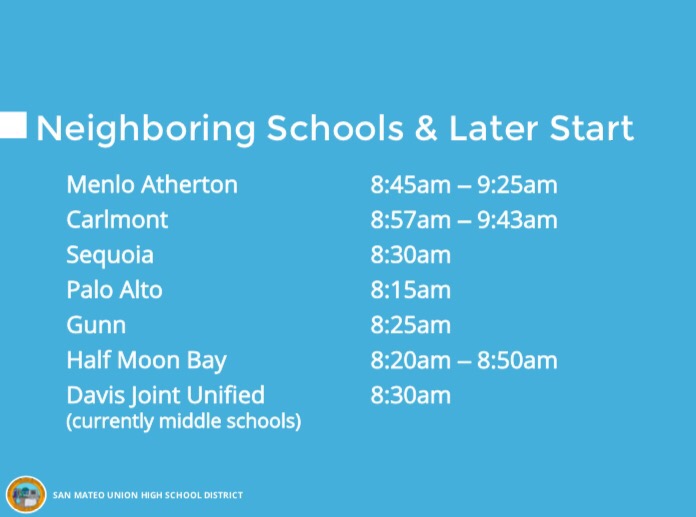
High schoolers are notorious for not getting enough sleep. At 8 A.M., BHS students can be found yawning, rubbing their eyes, and nodding off in their first period classes. Most studies on teenage behavior have concluded that 9.25 hours is required for teenagers to get optimal sleep. We hear this mystical number in research articles and our health classes, but how often does a teenager sleep for over 9 hours on a school night? It’s almost unheard of.
Under all the stress of homework and extracurriculars, teens are forced to compromise their sleep. Furthermore, sleep patterns shift back for both sleeping and waking during adolescence. Teenagers are naturally inclined to stay up past 11 p.m. and wake up at around 9 a.m.; however, the early school start times interrupts their sleep cycle. Freshman Lucas Gilmour agreed that “I most definitely do not get enough sleep and it is rooted in how early our start time is.”
The conversation of pushing back the school’s starting time to accommodate for the lack of sleep has been discussed for awhile; however, no tangible steps have been taken until the most recent SMUHSD board of trustees meeting on November 17. Superintendent Skelly introduced a plan to have each school in the district start 30 minutes later, starting the 2017-2018 school year. He argued that this will bring positive change to campuses, such as “better academic performance, attendance, and emotional well-being.” However, the board rejected the motion and adjourned the discussion until the next board meeting. Although they seemed open to the idea, the board made it clear that they were only willing to negotiate up to a 30-minute setback. The proposal has been revised and was brought to the board meeting on Thursday, December 15.
This half hour will shift the entire school day, as well as after-school activities such as sports, clubs, rehearsals, and other extracurriculars. Teacher contracts would also have to be renegotiated.
The debate over the new start times has brought up the question of whether 30 extra minutes in the morning is a worthwhile adjustment. A thirty-minute shift would create a later release time, and students would be forced to change their entire schedule. Junior Julia Rajkovic is a three-sport athlete and an active participant of Mock Trial, which meets for hours after school.
Despite her busy schedule, Rajkovic values her sleep more. “Shifting my schedule back even 30 minutes would give me extra time to sleep in and compensate for lost hours over the weeks. It would force me to manage my time more efficiently to fit my sleep schedule,” Rajkovic said.
The late release time would also affect students from other clubs and activities, such as drama. Rehearsals for the annual play and musical run for hours after school, especially during the week of the productions, where practices often run until 10 p.m. Gilmour, who participated in the musical this year, said, “the extra 30 minutes at the end of the day would make us have less time to rehearse, which actually doesn’t affect me much because I am a freshman with [fewer] commitments. However, I know this may be difficult for upperclassmen who have larger responsibilities.”
The new schedule would not only affect students but the staff as well. All teachers would have to re-negotiate their SMUHSDTA Labor Agreement, which specifically lists their work schedules. Nicole Carter, a BHS health teacher, said, “I see the effects of overscheduling on children. I see our kids our tired and falling asleep in their classes. But I think we need to look at the bigger picture. Shifting our day back thirty minutes will not solve the bigger picture.”
While the San Mateo Union High School District is struggling to allot 30 extra minutes in the morning for their students without majorly disrupting the schedules, Carlmont High School starts at 8:57 and ends at 3:15, except for Wednesdays when they start at 9:43. A regular schedule at Carlmont consists of six periods, with a zero period that begins at 8 a.m. for students who want an extra class for an elective. Carlmont Junior Sehar Masud said, “our schedule allows us to have enough time for extracurriculars after school but simultaneously lets us sleep enough, so we aren’t tired or drained throughout the school day.”




![WASC looks for more than the basic California State standards. According to chairperson Mike Woo, “As new rules and new concerns come up through society, [WASC] look[s] is the school doing something about that. Like the biggest trend post-COVID is mental wellness. So is your school doing something to address the mental health of the students? Along with are they still doing the proper academics?”](https://theburlingameb.org/wp-content/uploads/2024/03/IMG_3401-1200x1200.png)
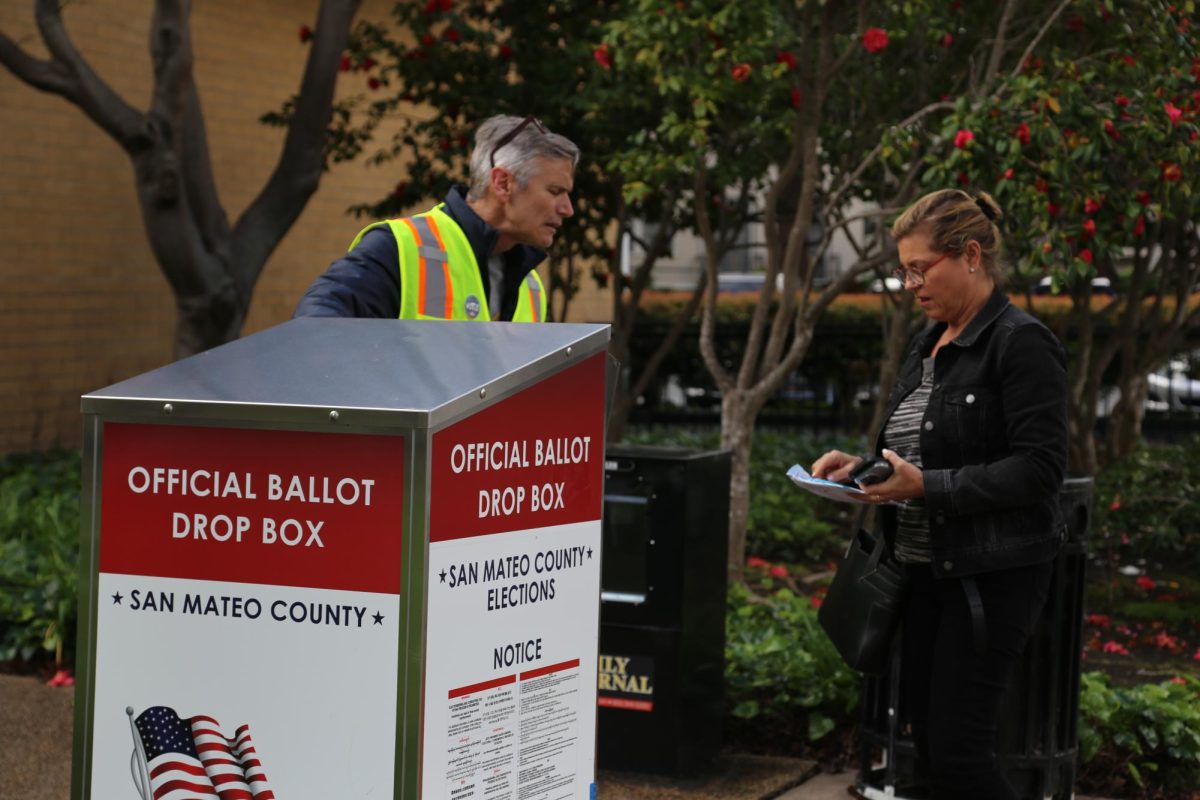

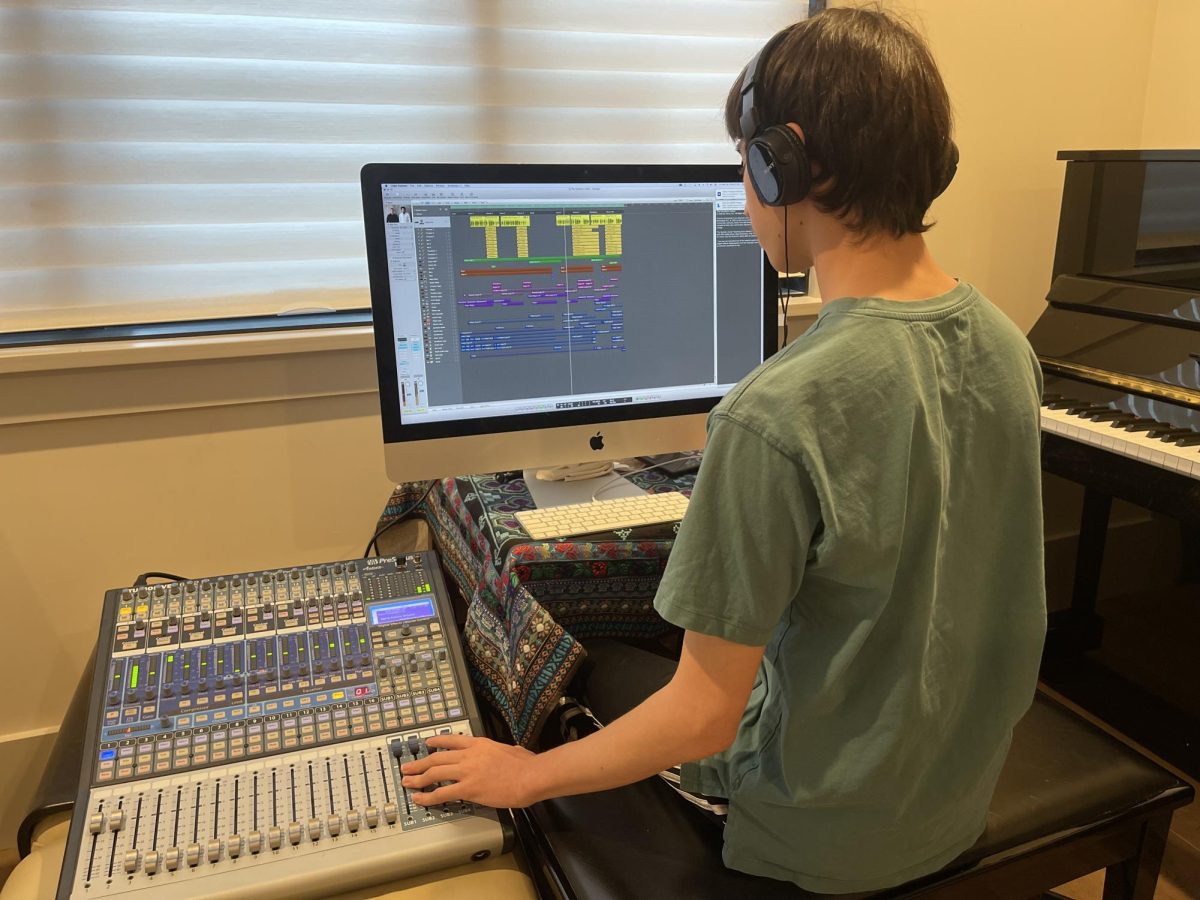
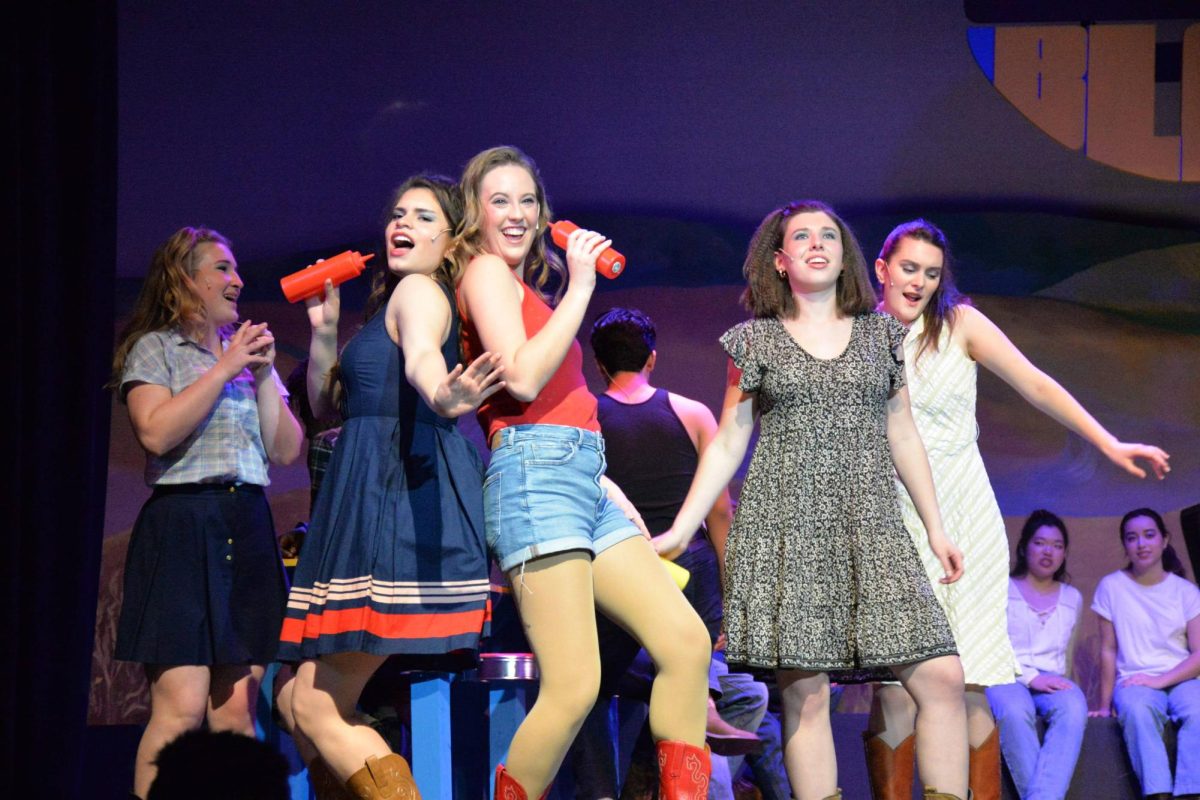

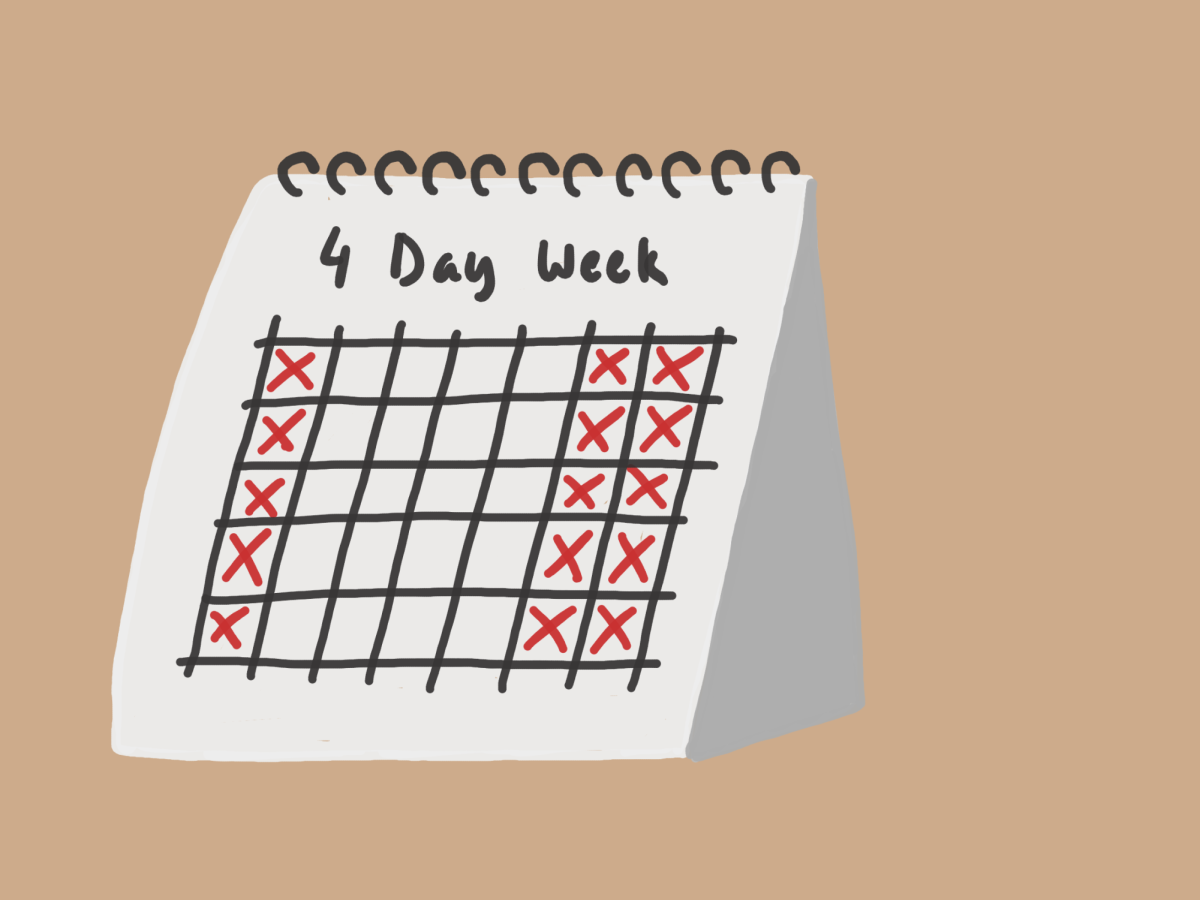










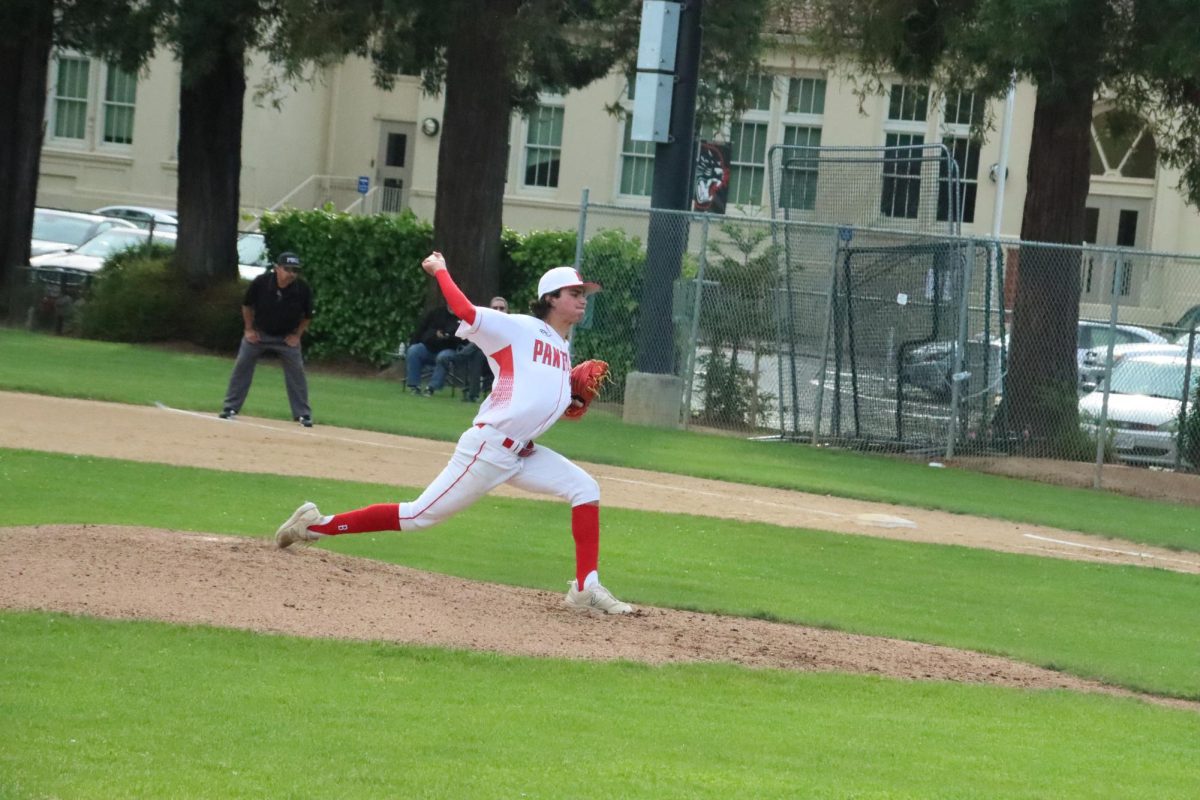

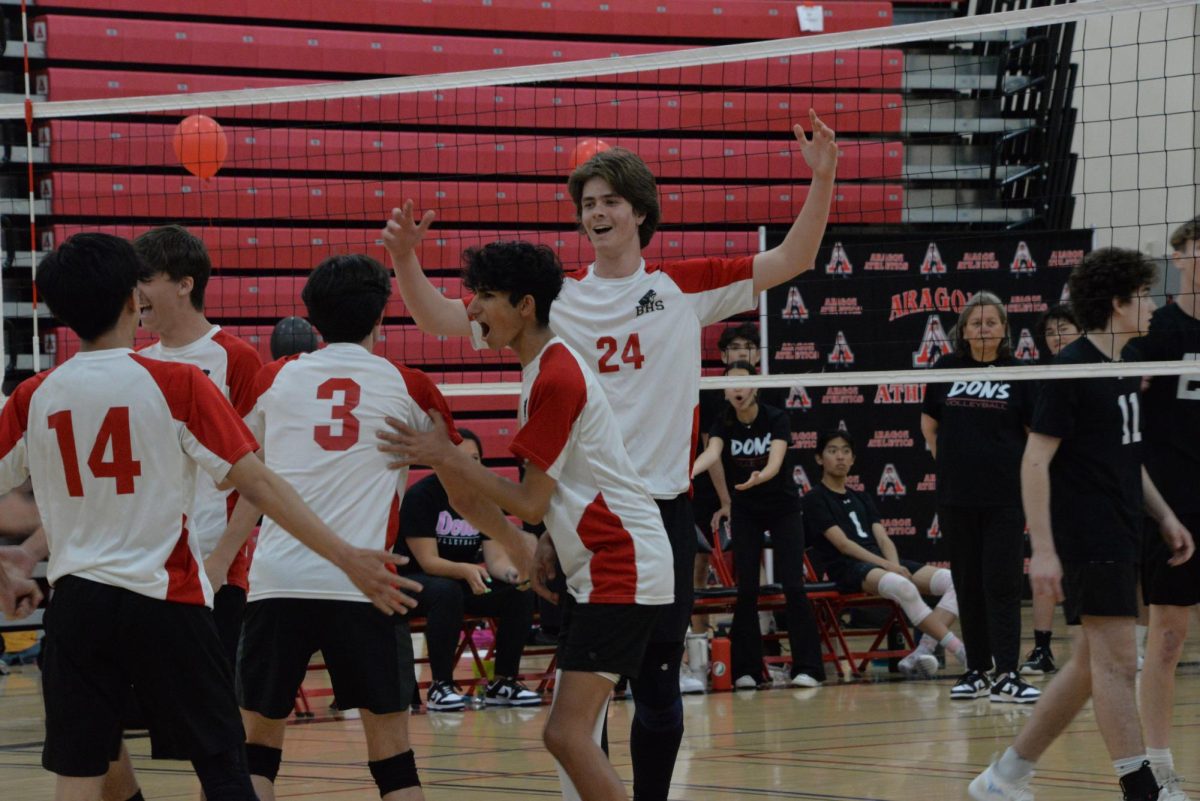

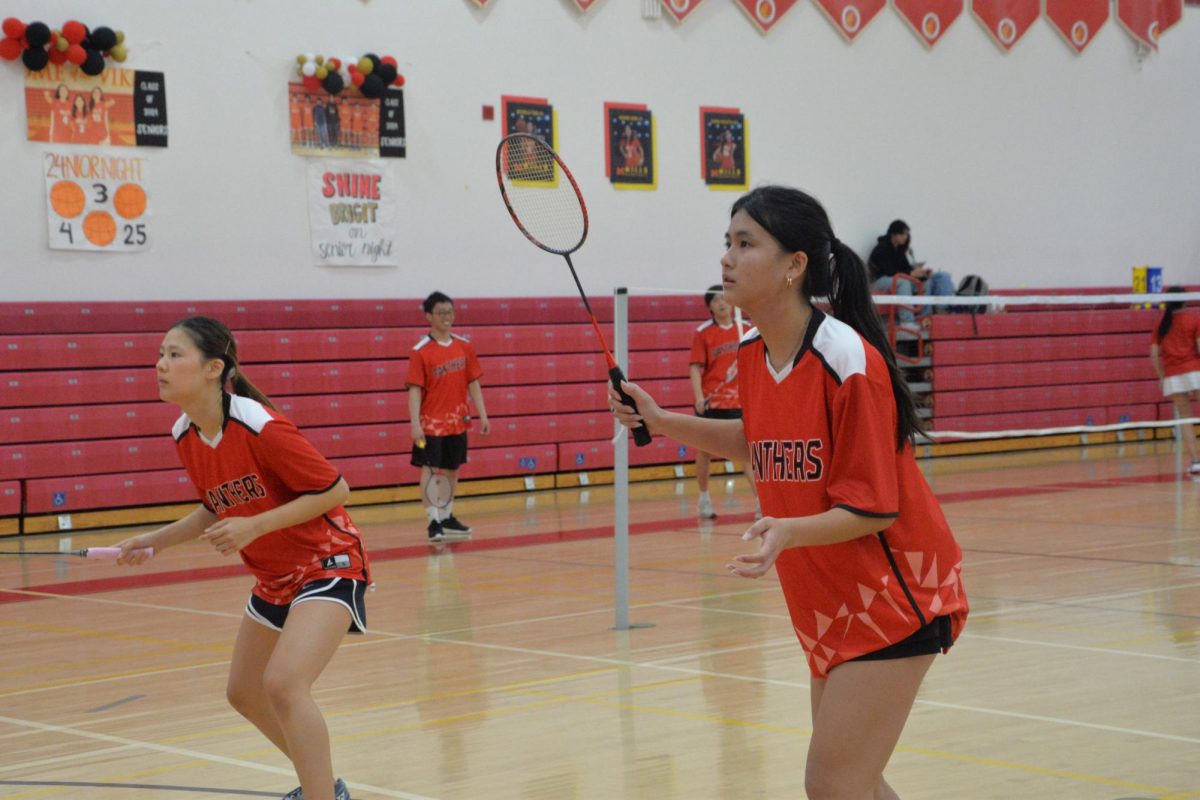
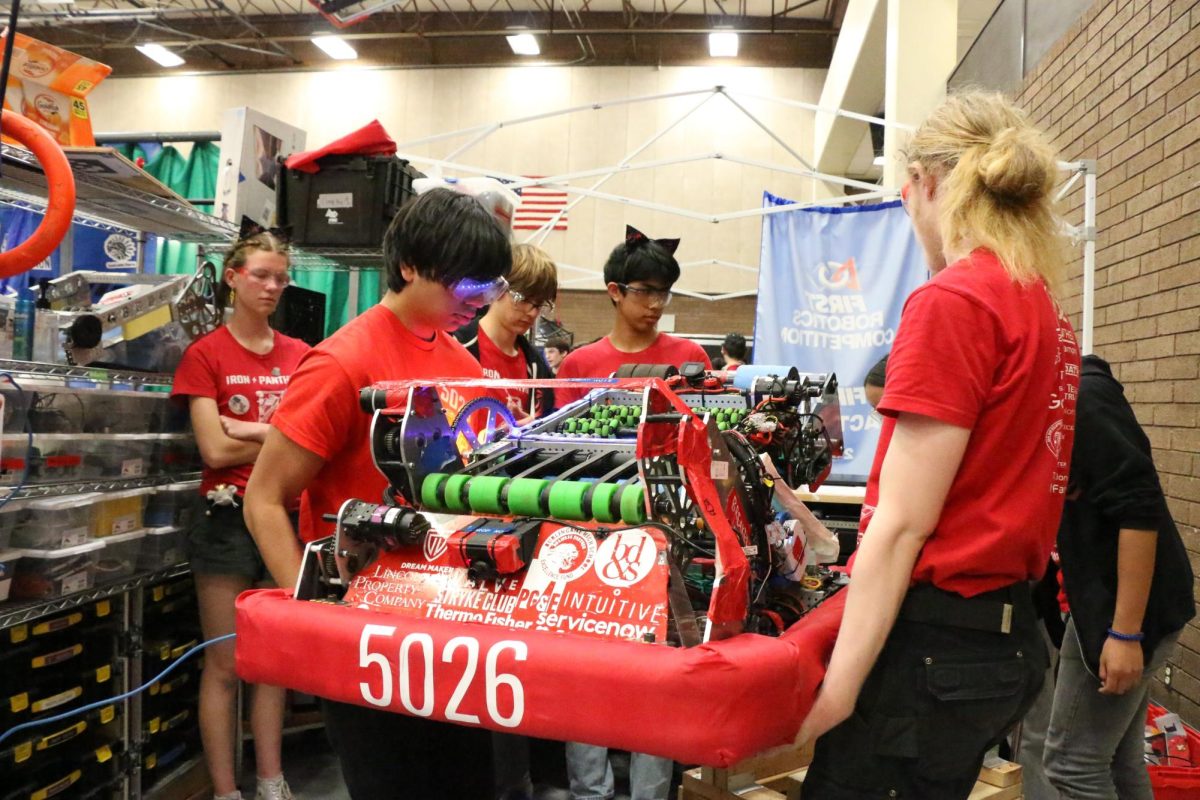
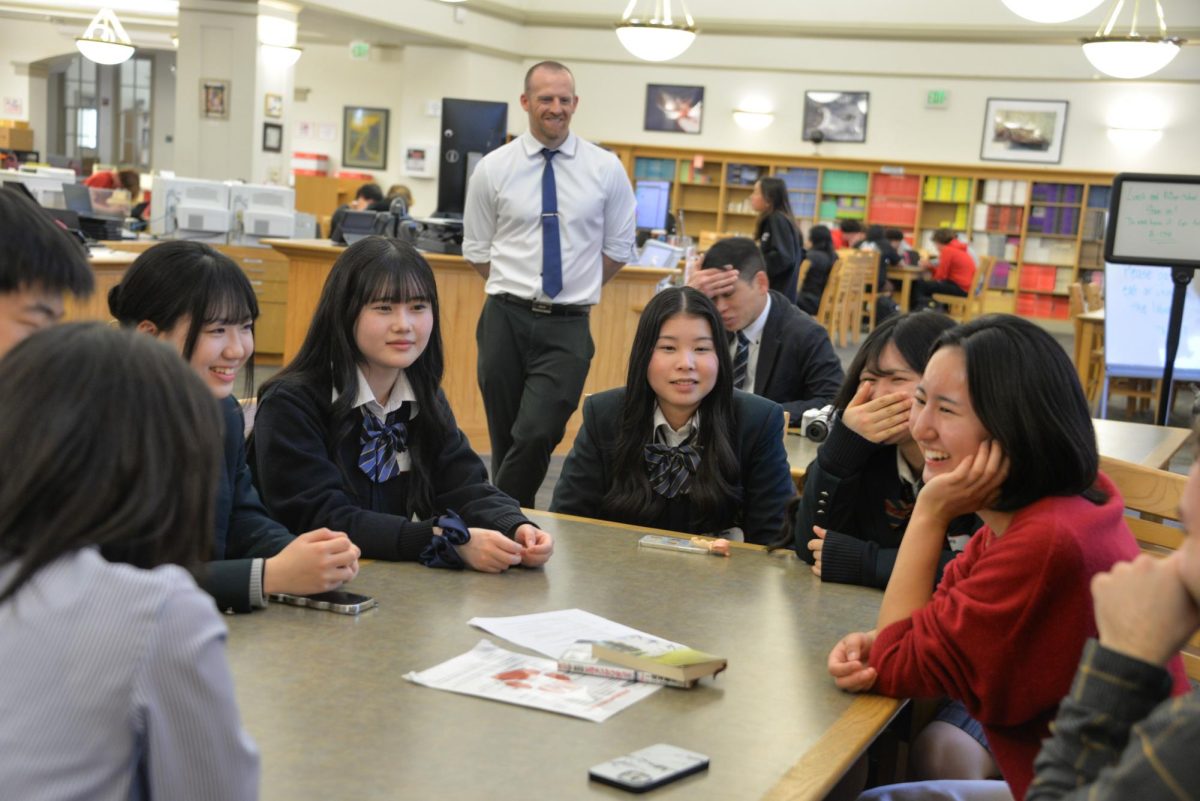
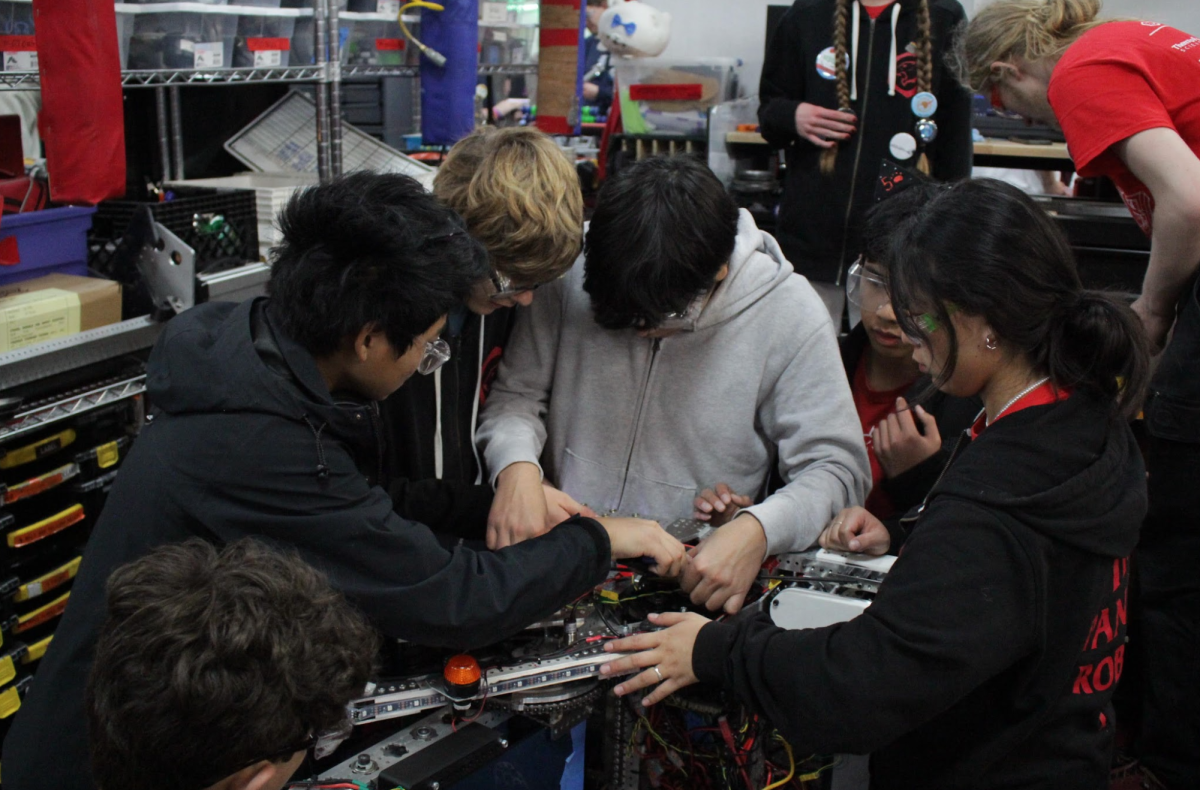
![“For me personally, I want [others] to see the music program as a strong union because we can really bring out the life of our school,” Vega said. “We need music, you know? Otherwise, things would be really silent and dead.”](https://theburlingameb.org/wp-content/uploads/2024/03/unnamed-1200x801.jpeg)







